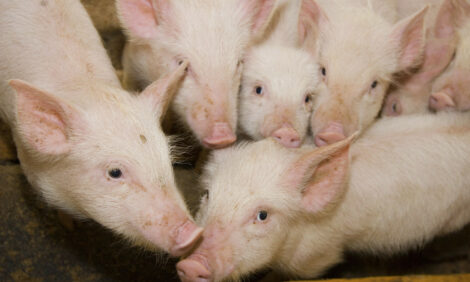



Weekly Overview: How Do We Achieve Sustainable Pork Production?
ANALYSIS - More intensified pork production is key to sustainability as it reduces the land and other natural resources needed to raise pigs, commented Marty Matlock, Executive director of the University of Arkansas's Office for Sustainability.“We could have 10 billion people coming for dinner by 2050 on a planet with limited resources,” said Professor Matlock, for The Voice of Sustainable Pork.
To meet this goal, he says, the world pork industry needs to dramatically increase production over the next 30 to 40 years — without increasing land use.
Prof Matlock insists that sustainability is nothing new to modern pork production, citing genetic improvements, increased feed efficiency and advances in herd health as examples of continuous improvement.
Conversely, he adds, every pig lost to mortality — and for that matter, every bit of pork tossed into the trash bin at the end of a meal — has a negative impact on sustainability because the resources that went into producing that pig were wasted.
In other news, EU and US pork exports to China continue to grow as the country's pig prices remain high.
Over the last couple of months, prices have fluctuated around 25 yuan/kg (£2.70/kg) and are now nearly 50 per cent higher than a year ago.
AHDB Pork reported that there is little sign of demand for imported pork slowing down.
In disease news, Foot and Mouth Disease (FMD) has led to the deaths of a further 15,229 pigs in South Korea. The 16 new outbreaks were reported on pig farms in the Chungcheongnam-Do region of the country.
FMD has also been reported in China after eight pigs were found with the disease in an abattoir in Guanghan. As a precaution, all 91 pigs susceptible were destroyed.
Further cases of African swine fever have also been reported in wild boars in Poland, Lithuania and Latvia.








